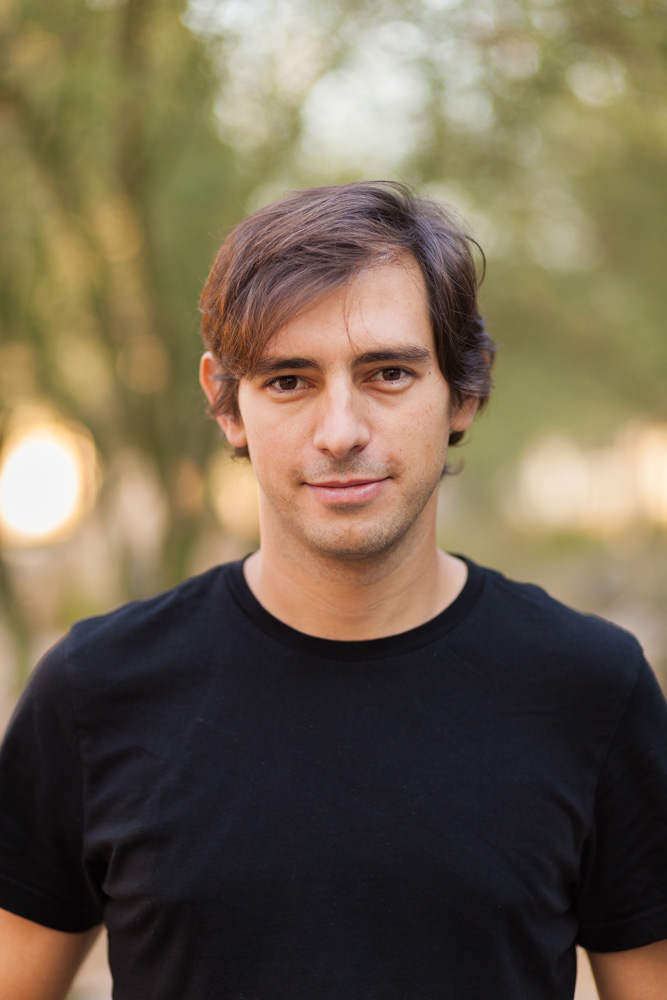
Fernando Pastawski
“I’m interested in exploring how the classical world, which we perceive in our daily lives, emerges from the quantum world, and how we can interpret that relationship and deepen our understanding of it, because that’s what we want for quantum information.”
Interview
What is your current research?
I do theoretical research on how to preserve and strengthen quantum memories, which is essential for carrying out quantum-information processing and for developing a successful quantum computer. Quantum memories can be encoded in a single particle, such as an atom or photon, but most of my work explores how to store and protect them in many-body, or multi-particle, systems. The models I’m currently looking at correspond to having an array of many quantum bits, or “qubits,” which is what you need to build a quantum network capable of performing complicated computations. What interests me most right now, both fundamentally and from a quantum-computing standpoint, is this question of whether we can protect a such quantum system from decoherence—that is, from collapsing into a non-quantum state. How can we do this in a physically reasonable way? You can achieve it in four dimensions—but you can’t build a four-dimensional system, so what are our options, realistically?
What appeals to you about this work?
I’ve always been interested in mathematical problem solving—I participated in math Olympiads in high school—but in college I decided that I wanted to do something more applied and relevant to the real world. So I went into theoretical computer science and also into physics. Quantum information, which was my focus in graduate school, seemed like a good marriage between the two fields, with lots of interesting theoretical questions. More generally, I’m interested in exploring how the classical world, which we perceive in our daily lives, emerges from the quantum world, and how we can interpret that relationship and deepen our understanding of it, because that’s what we want for quantum information.
What do you do when you’re not doing physics?
I like rock climbing, cooking, hiking, and traveling, and I enjoy surfing at Southern California beaches. And now as the father of a one-year-old daughter I really enjoy being with her and watching the world through her eyes.